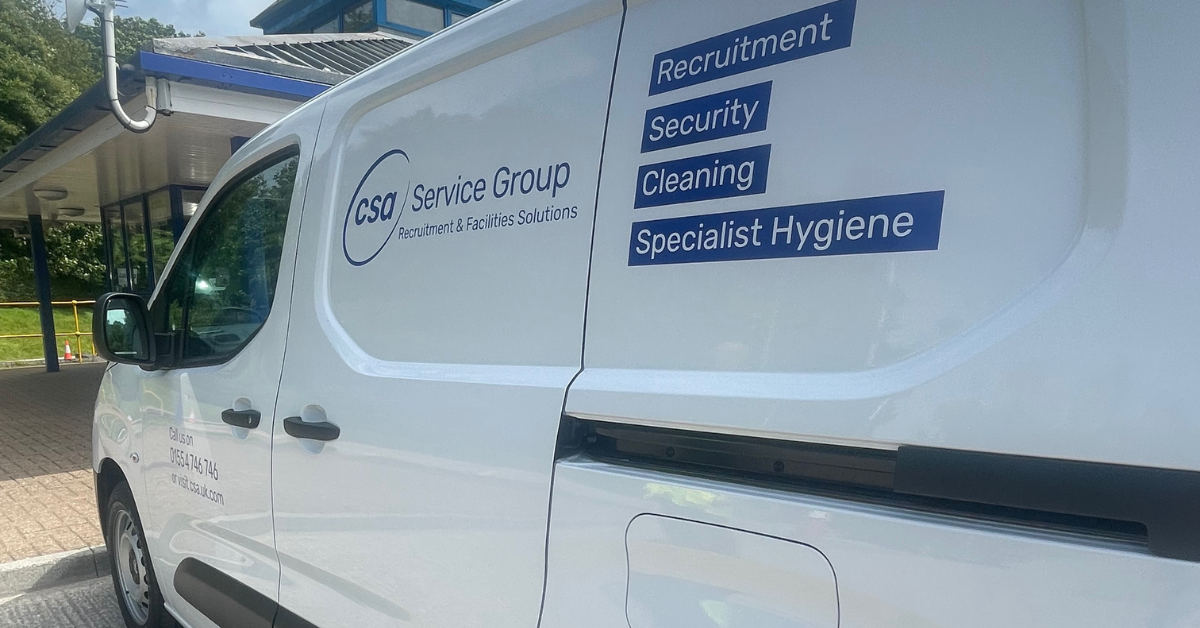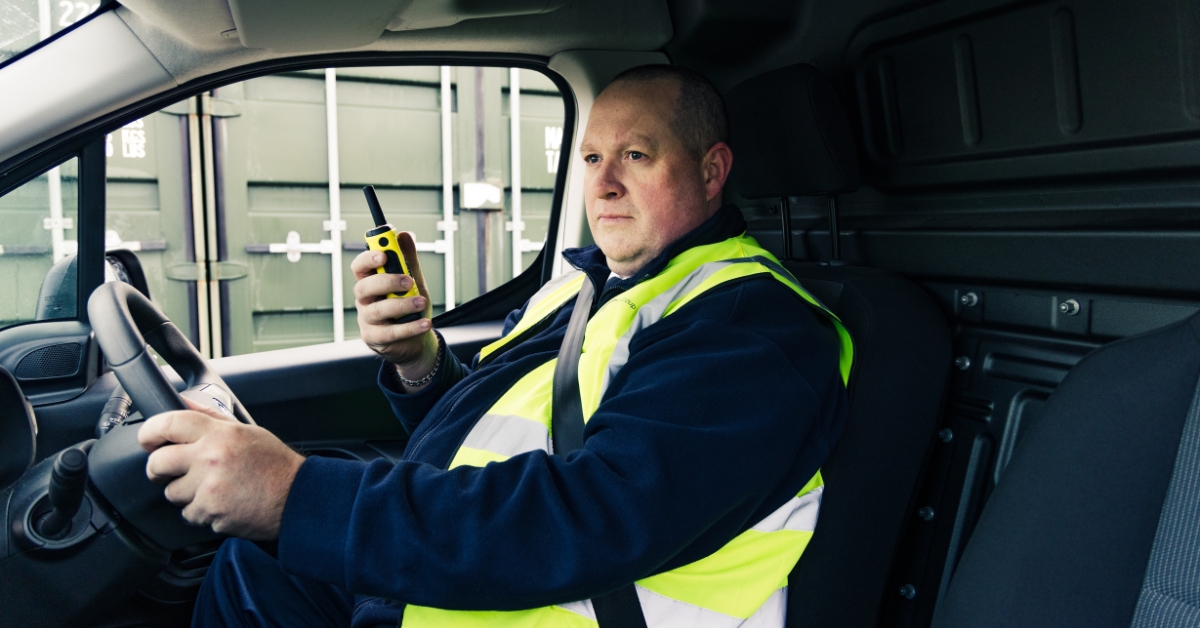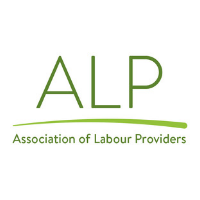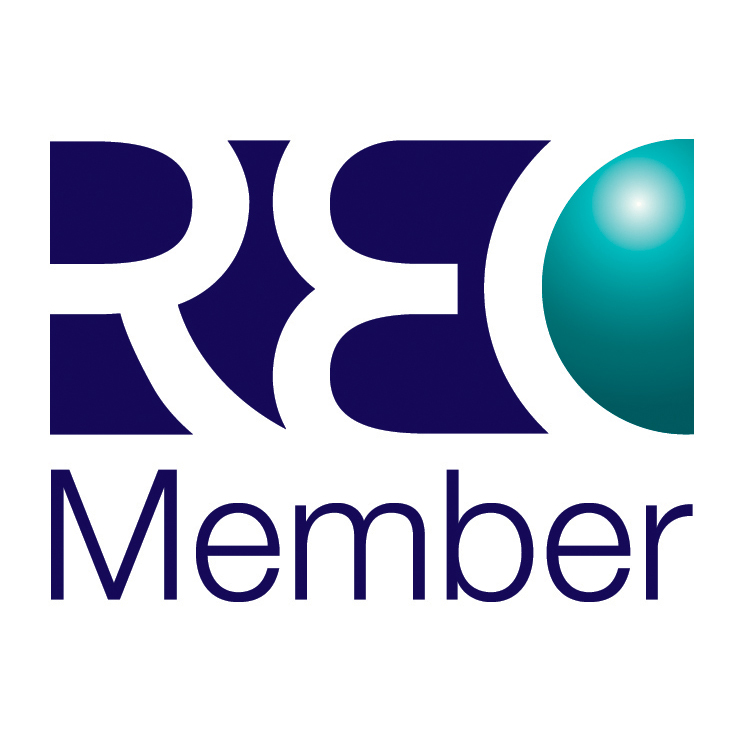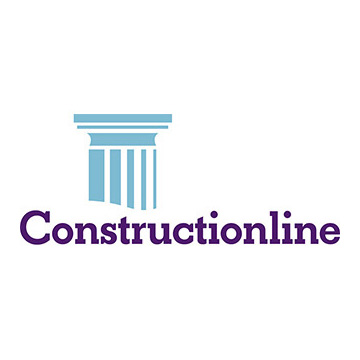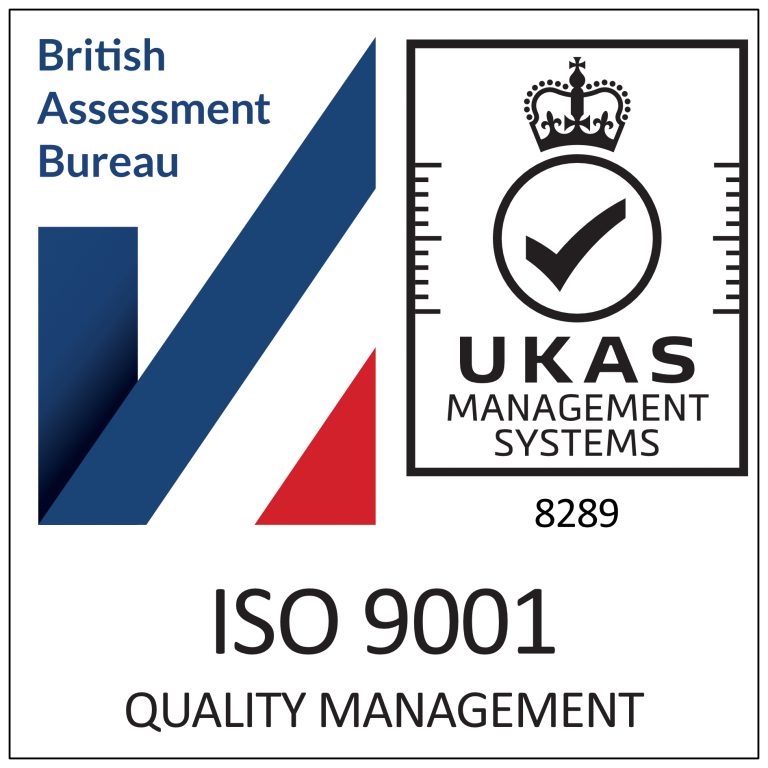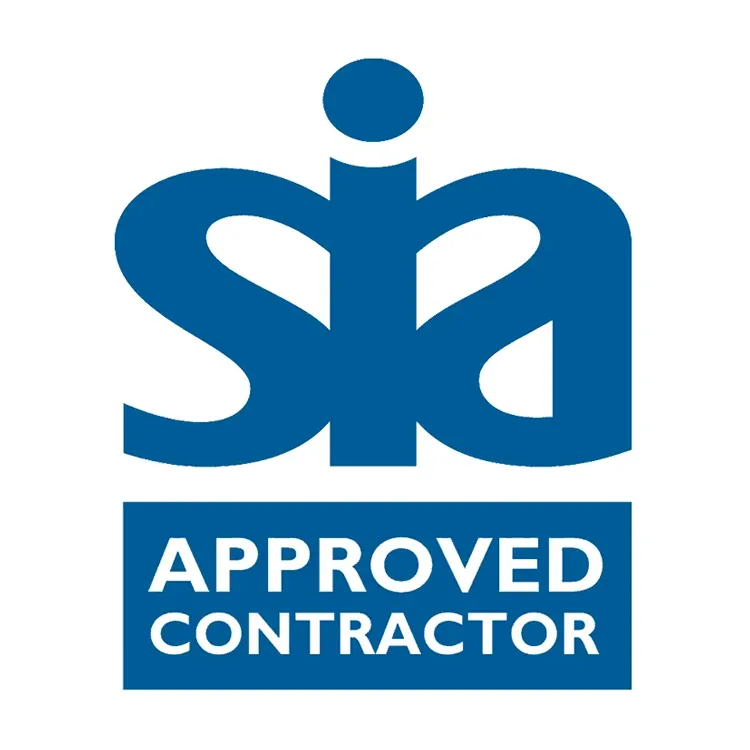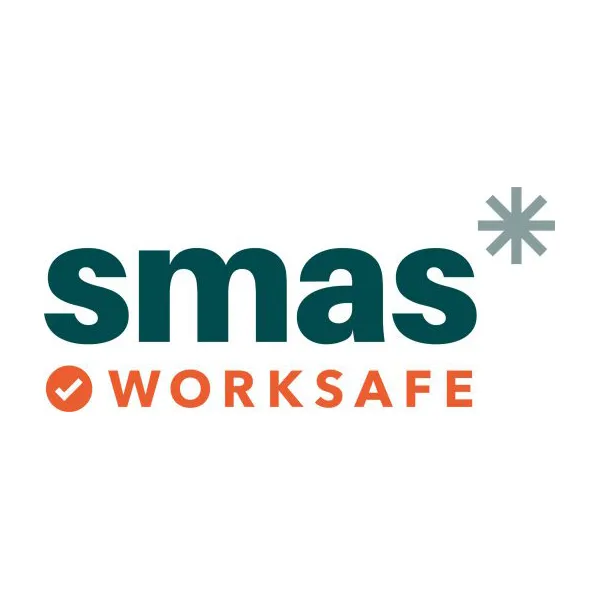Share This Article
Recruitment is about connecting a business with the right people, and this can be particularly costly if you don’t get it right. While the pandemic brought remote and hybrid working into much sharper focus, in reality these styles of working have been on the rise for a long time. Today, businesses are far more in tune with employee needs and the work-life balance, and are willing to manage employee wellbeing by being more flexible and adaptable with traditional work arrangements. But what impact is that having on recruitment? And how does this shift in working patterns affect who the right person for a role is?
First let’s understand what remote and hybrid working is:
- Remote working – Is where the employee is working exclusively away from the office, which could be at home or a place of their choosing (a public café, library or a dedicated co-working space for example). Remote work is typically digital-based work where little supervision is required, and everything can usually be done through a laptop or smartphone. Although technically, remote work can be any type of work where someone is operating alone. Remote work could therefore mean a person working on a lighthouse, a farm or in a small shop, but in this case we are referring to recruitment for roles which would previously have been done in a central office.
- Hybrid working – Is where working time is split between office-based activities and working elsewhere, either at home or a remote location. This requires considerable collaboration, cohesion and communication, in terms of managing flexible arrangements and making it work.
How is remote and hybrid working impacting on recruitment strategies?
- Reduced overheads – A business can save considerable costs on rent, utilities and maintenance by potentially downsizing office space or removing the need for it altogether. This potentially frees up resources to be directed towards key strategies, and one of those should be recruitment.
- Wider geographic pool – Perhaps the biggest change in recruiting for remote and hybrid roles is that location is now less of a limiting factor. Obviously, for hybrid roles it still has a bearing, but in many cases an office can recruit locally as before, but also in a much wider network as long as there are good transport links. So if a hybrid role requires someone in the office only once a week, for example, a longer commute is more feasible and practical than doing it every day. For remote jobs there is no commuting restriction at all, and technically there is no limit to what location someone could work in. For some jobs this could be global, for others there may be some knowledge of more local customs or processes required. But essentially, remote and hybrid working opens up a much wider pool from which you can recruit from, which, with investment, can give you a better chance of finding the right candidate.
- Candidate characteristics – Remote and hybrid workers need to possess some specialist characteristics. You will need them to be disciplined, self-motivated, self-managing, honest and reliable, so you can leave them unsupervised, in the knowledge that they are doing the work they should be doing. They also need to be good communicators to enable group and collaborative working and to ensure the right people are kept abreast of progress. On top of this, you still need to recruit for the same type of person and the right skillset as before.
- The interview – There needs to be a different emphasis on the interview than normal, particularly with a remote position, because this may be the only time you get to meet a recruit face to face. It is possible the interview will be done over a video call, but essentially, it is always easier to communicate and work with someone if you have met them in person at least once. At the interview stage you won’t even know if this person will be the successful candidate. This makes the interview a key opportunity to get to know the candidate and to work out if they are a person you can work with and build a working relationship, because you may never meet them face-to-face again.
- HR processes – Although this comes after the recruitment process it is still an important part of induction and employee development and needs to be considered alongside recruitment. With remote and hybrid workers you need to find ways to connect and engage with them, to make them feel valued and motivated. Team-building exercises are a good way of doing this, and these can be done remotely over team video calls. Development opportunities in a non-traditional structure are also important. How do you appraise a remote worker and how do you make sure they are offered the same advancement opportunities? This kind of consistency is particularly important if you have a mix of remote, hybrid and office-based employees.
Professional recruitment for remote and hybrid working from CSA Recruitment
Recruitment for remote and hybrid working is still a case of finding the right fit for a position, and technically you have many more candidates to choose from. But with the different skills and characteristics required and the different styles of management required, it can be very challenging too. At CSA Recruitment we have experience of successfully recruiting for remote and hybrid working in many different industry sectors, so let us help you find the right candidates to meet your new working structure and contact our team today.
Further Reading














